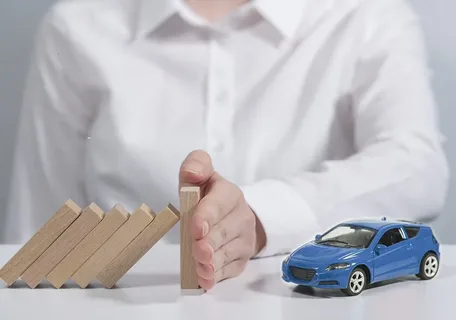When it comes to insuring your vehicle—especially a classic, collectible, or customized car—standard policies often fall short. In a total loss situation, you could find yourself with a payout that doesn’t reflect the true worth of your vehicle. That’s where agreed value car insurance steps in to offer peace of mind and financial protection tailored to your car’s real value.
This article explores how agreed value policies work, why they differ from standard insurance, and when you should consider switching to this smarter form of coverage.
Table of Contents
What Is Agreed Value Car Insurance?
Agreed value car insurance is a policy where you and the insurer agree in advance on the amount the vehicle is worth. This value is based on appraisals, documentation, and market data. If the vehicle is declared a total loss due to theft or damage, you’re paid the full agreed amount, without depreciation.
This is especially useful for vehicles that hold or increase in value over time—such as:
- Classic and vintage cars
- Custom builds and hot rods
- Exotic or luxury vehicles
- Restored show cars
- Rare limited-production models
With traditional insurance, payouts are usually based on Actual Cash Value (ACV), which factors in depreciation. That means your payout could be significantly less than what your vehicle is really worth.
Key Benefits of Agreed Value Policies
- Guaranteed Payout in Case of Total Loss
You’re protected for the full amount listed in the policy, with no surprises or negotiations after the fact. - No Depreciation
Unlike standard coverage, agreed value doesn’t diminish over time—unless you change it. - Custom Valuation Flexibility
If you’ve added aftermarket parts, completed a restoration, or own a rare model, you can insure it for what it’s actually worth. - Easier Claims Process
Because the value is set in advance, you avoid disputes over how much the vehicle is worth at the time of the claim.
How Agreed Value Is Determined
To set an agreed value, insurance providers typically require:
- A recent professional appraisal
- Photos of the vehicle
- Maintenance or restoration records
- Documentation of modifications
- Market comparisons (for rare or high-value vehicles)
Once reviewed, the insurer proposes an agreed-upon value based on these materials. This becomes the guaranteed payout in the event of a total loss, as long as the policy remains in effect and conditions are met.
When Should You Choose Agreed Value Coverage?
Not every car needs agreed value insurance, but for certain vehicles, it’s strongly recommended:
- Classic cars that maintain or appreciate in value
- Restored vehicles with significant investment
- Modified vehicles with custom work
- Rare or exotic cars with no clear market equivalent
- Show or collector cars not used as daily drivers
If you’ve invested time, money, and passion into your vehicle, standard insurance could leave you underinsured and at financial risk.
Agreed Value vs. Stated Value: Know the Difference
Many people confuse agreed value with stated value. Here’s the difference:
- Agreed Value: You and the insurer agree on a set value upfront. That’s what you’ll be paid in case of total loss.
- Stated Value: You declare the car’s value, but the insurer may pay less based on depreciation or market conditions.
Always clarify what your policy provides—many “stated value” policies sound better than they actually are when it comes time to make a claim.
Considerations Before Choosing a Policy
Before applying for agreed value insurance, be prepared to:
- Maintain the vehicle in excellent condition
- Limit usage (some policies have mileage restrictions)
- Store the vehicle securely, often in a garage
- Provide regular updates or new appraisals if the vehicle changes in value
Premiums are typically higher than standard coverage, but the payout certainty makes it worthwhile for valuable vehicles.
Final Thoughts
If your car is more than just transportation—if it’s an investment, a project, or a piece of personal history—agreed value car insurance ensures it’s protected accordingly. It offers clarity, fairness, and stability in a world where depreciation too often leads to disappointment.
Don’t let a standard policy define the worth of your unique vehicle. Take control of its value and insure it on your terms—with a policy that truly reflects what your car is worth.

